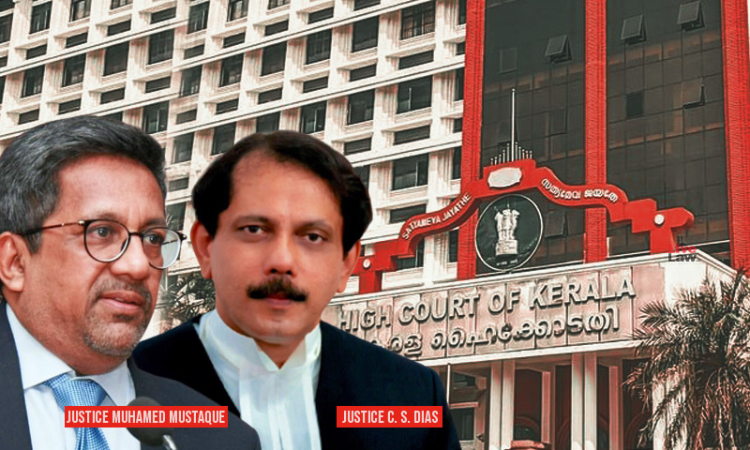Court Shall Not Surrender To Opinions Of Islamic Clergy Who Have No Legal Training: Kerala High Court
Athira Prasad
1 Nov 2022 12:28 PM IST

Next Story
1 Nov 2022 12:28 PM IST
The Kerala High Court has said that Islamic clergy, who have no legal training or knowledge in legal sciences, cannot be relied upon by the court to decide on a point of law relating to the personal law applicable to the Muslim community. "Ordinary scholars and the Islamic clergy, who have no formal legal training find it difficult to deduce Islamic law from its sources," said the division...
